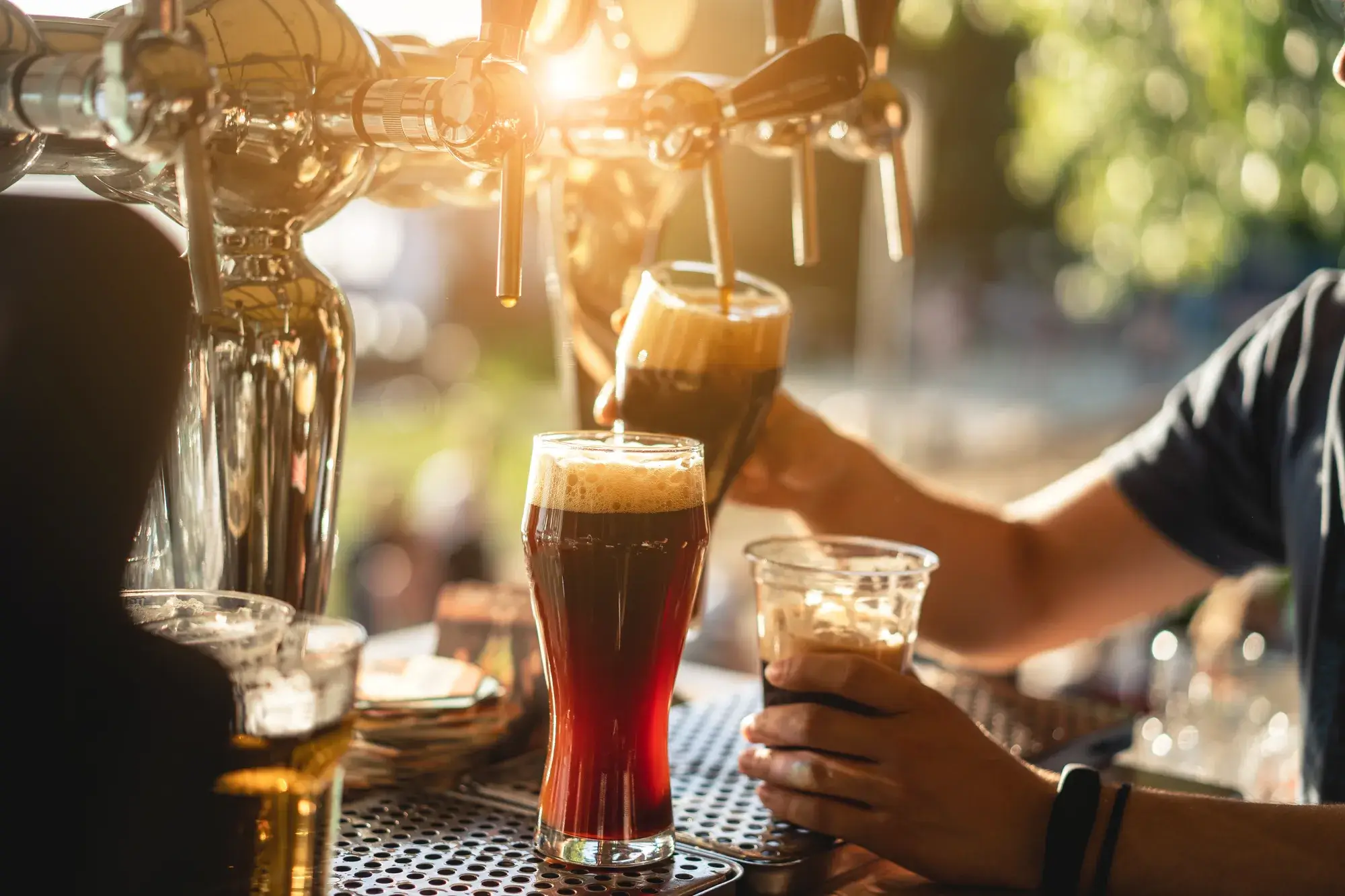Brewing your own beer is a great way to spend some spare time. However, it can also be frustrating, especially when things don’t turn out quite as expected. Many beginners in homebrewing make common mistakes that can negatively impact the final product. In order to help you avoid these pitfalls, we’ve compiled a list of the most common mistakes in homebrewing.
1. Poor Sanitation
One of the most common mistakes homebrewers make is not properly sanitizing their equipment. Any bacteria or wild yeast can easily contaminate your beer, leading to off-flavors and spoilage. Make sure to thoroughly clean and sanitize all equipment before use.
ADvertisement
2. Inconsistent Temperature Control
Yeast is a living organism and its activity is affected by temperature. If the temperature is too high, it can lead to off-flavors and esters. If it’s too low on the other hand, it may not ferment at all. Therefore you have to make sure to control the fermentation temperature to ensure a clean and consistent beer.
3. Overcomplicating Recipes
It’s easy to get carried away with complex recipes and unusual ingredients. However, sometimes less is more. Just start with simple recipes and work your way up. This will also help you to understand the basic building blocks of brewing and how ingredients interact with each other.
4. Rushing the Process
Another common mistake that is made in homebrewing is the lack of patience. Patience is key when it comes to homebrewing. Rushing the process can lead to off-flavors and an unfinished beer. Allow enough time for the fermentation and conditioning process, and also avoid the temptation to rush the bottling or kegging process.
5. Not Taking Gravity Readings
Gravity readings are essential for understanding the progress of fermentation and determining the alcohol content of your beer. Skipping this step can lead to overcarbonation or undercarbonation, which also can affect the taste and mouthfeel of the beer.
By avoiding these common mistakes in homebrewing, you’ll be well on your way to brewing great beer. Remember to always read up on the latest brewing techniques and best practices, and don’t be afraid to ask for advice from other homebrewers or brewing supply stores. Cheers to great beer!

